For more than a decade, Ridiculousness didn’t just dominate MTV — it devoured it. The show effectively ate the network whole, chewing through what little remained of its music DNA until all that was left was an endless marathon of nut shots and Rob Dyrdek giggles. Mere days after its cancellation was announced, what is there to be said about a show that was once so inescapable it took up 113 hours out of MTV’s week-long 168-hour lineup?
Let me be clear: This isn’t a dead-and-gone eulogy, as Season 46 (!) of the series began airing on October 12th, and previously-shot episodes will continue to air through 2026. Re-runs will also continue to air on MTV and stream on Paramount+, and there are plenty to choose from, as the show has run over 1,700 episodes in its lifetime.
While Ridiculousness will live on, perhaps in a more scaled-back iteration, no more original episodes will be produced of the program. Cue: Eddie Murphy’s tears, as the comedy legend recently revealed he watches the program religiously.
In lieu of continuing down the ragtag road of Ridiculousness, sources told TMZ that parent company Paramount will “reimagine MTV for the future.” Per Variety, MTV will look for new content that “embraces its experimental DNA” and brings “different creative voices” and “refreshed programming.”
When MTV launched in 1981, it was an adrenaline shot straight to youth culture: music videos, live performances, and countdowns that turned artists into icons. Throughout the ‘80s and ‘90s, the network shaped pop culture as much as it reflected it, as programs like Yo! MTV Raps, MTV Unplugged, and TRL connected audiences with stars both new and established. Reality TV also made its mark on the network through innovative shows like The Real World and MTV Cribs. By the mid-2000s, the channel had moved even further away from its music roots, instead producing era-defining reality hits like Laguna Beach and The Hills.
As the 2010s rolled in, social media began eating away at what was left of MTV’s cultural purpose. You didn’t have to turn on the TV to see what (or who) was hot — you could scroll and find it instantly. Into that vacuum walked former skateboard star Rob Dyrdek, who had previously had success with the MTV shows Rob & Big and Fantasy Factory. Armed with an easy charisma and a steady grin, Dyrdek turned his penchant for childishness and irreverence into a low-risk, high-yield monetization of chaos.
Hosted by Dyrdek with comedian Sterling “Steelo” Brim and rapper Chanel West Coast (later replaced by Lauren “Lolo” Wood in 2024), the show first began airing back in August 2011. Solely focused on viral videos and stunt fails, Ridiculousness was powered by Dyrdek’s personable hosting skills and often out-of-pocket commentary from the co-hosts or guest hosts.
Let’s think back on what was happening in 2011 when the show premiered: Charlie Sheen was trolling the general public with his outlandish antics and earworm catchphrases; Oprah went off the air; Adele became a megastar; Kim Kardashian got an obvious divorce; the insanely lucrative Harry Potter film franchise came to a close; and Beyoncé announced the pregnancy of her firstborn, Blue Ivy Carter, who now dances with her on tour.
A lot can happen in fourteen years. A lot did happen in fourteen years. One of the biggest transformations was the rise and inescapable domination of social media. Ridiculousness presented itself as a more crass version of America’s Funniest Home Videos, custom-fitted for a younger generation. It clearly worked, as the show had been renewed year after year. But as social media itself has become a ticket to 15 minutes of fame, more people are looking to take advantage of themselves, as opposed to a sliver of an opportunity for virality through Ridiculousness.

 4 hours ago
2
4 hours ago
2

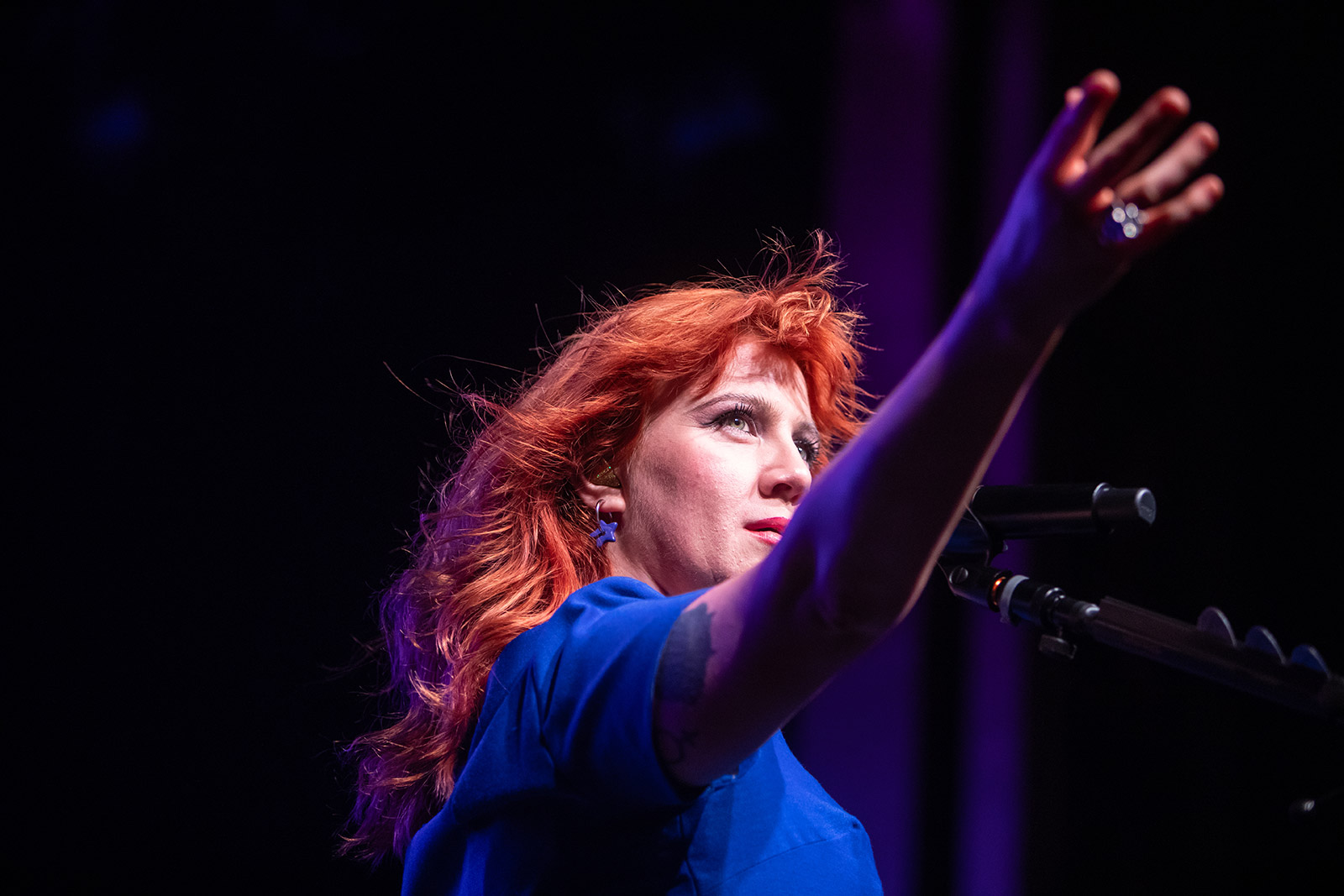

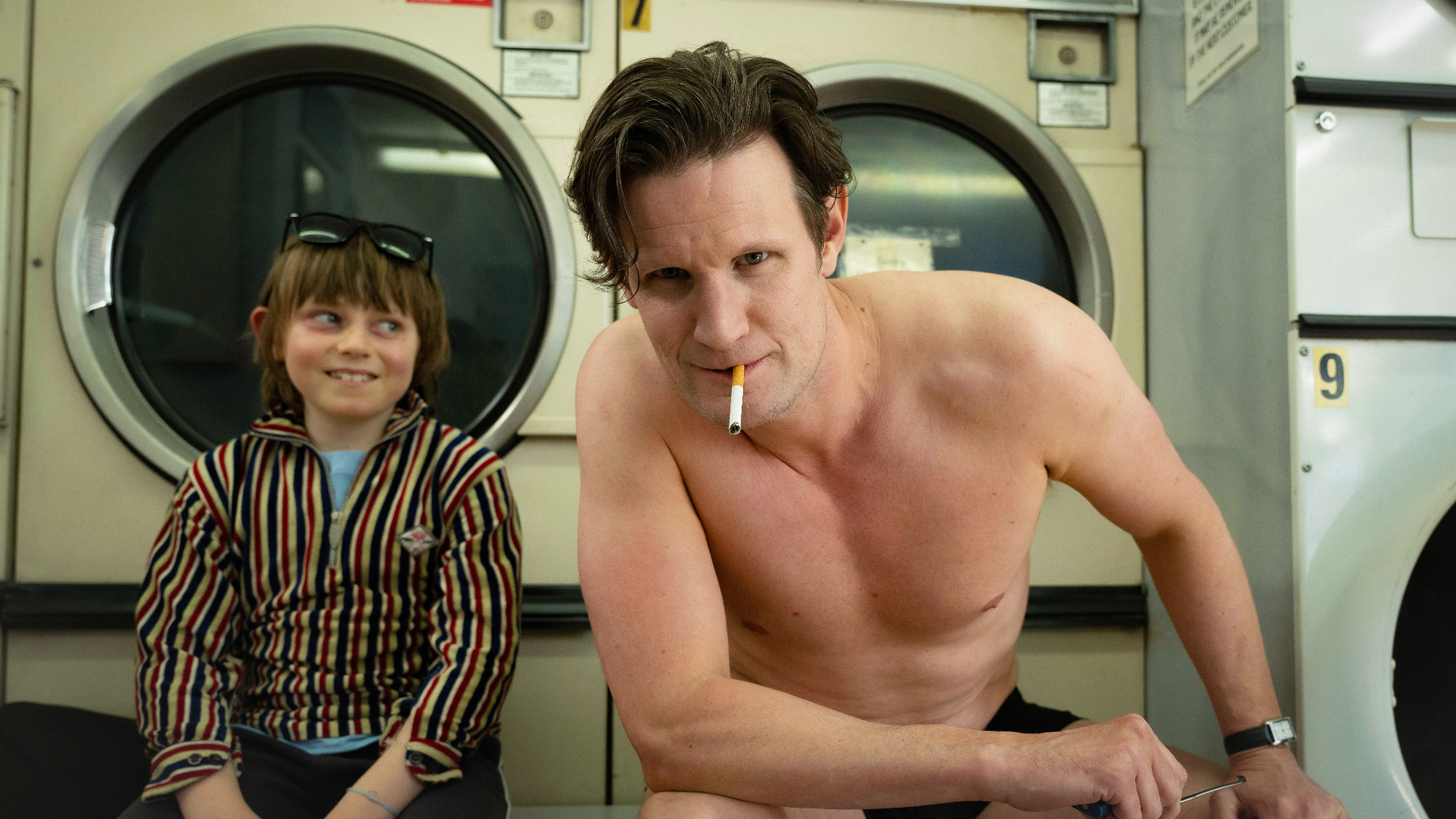
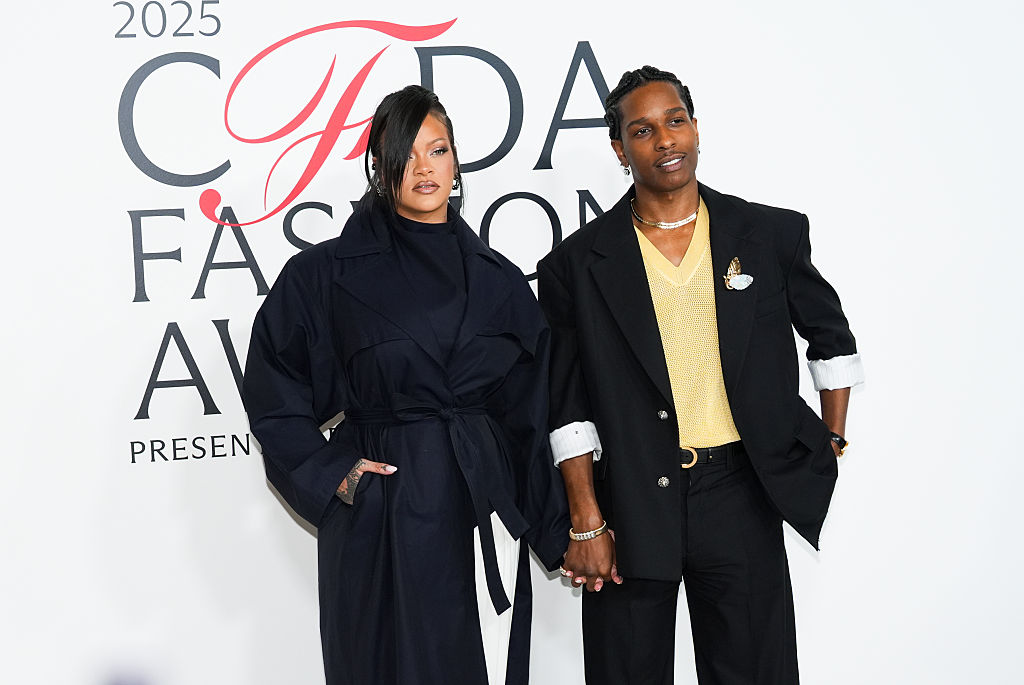

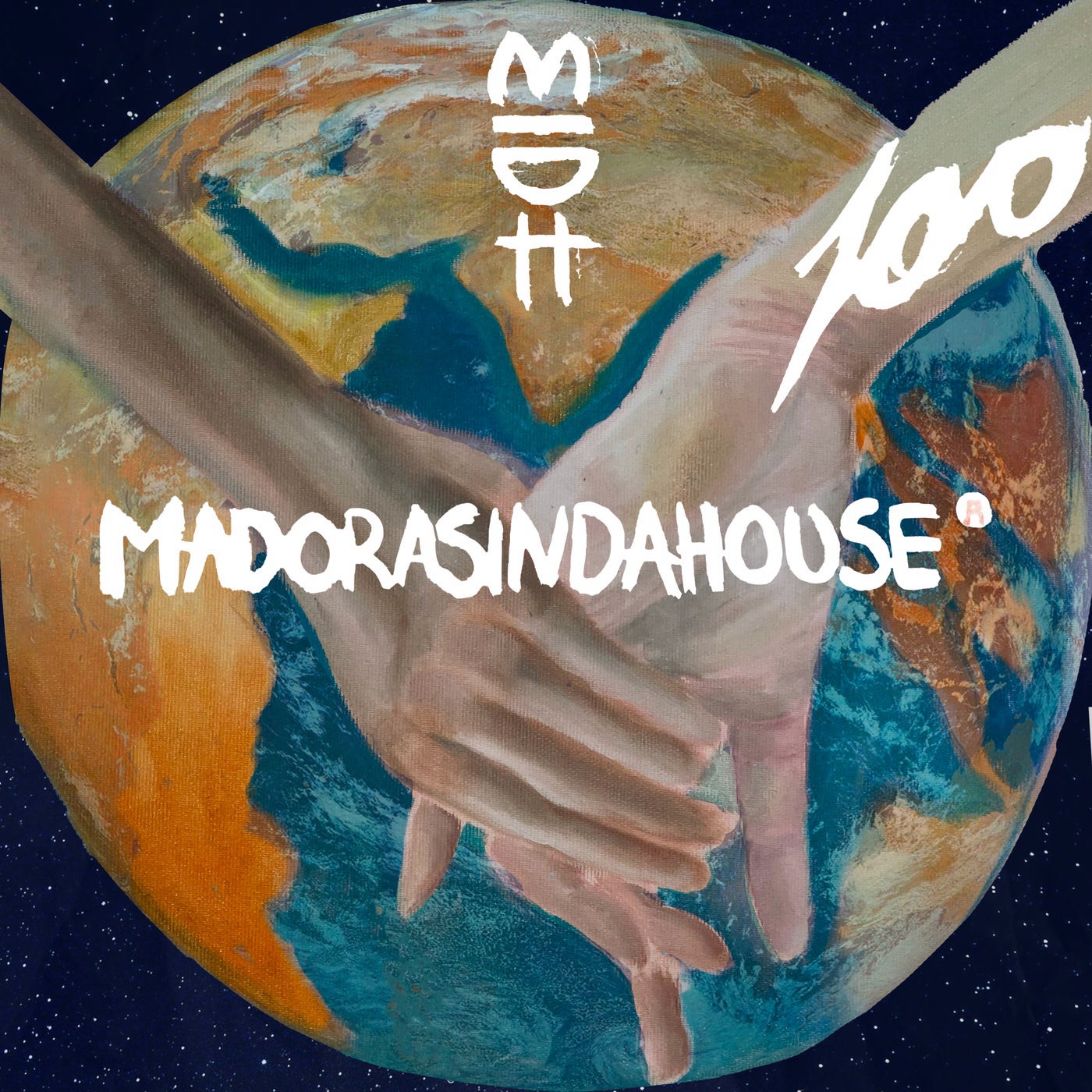

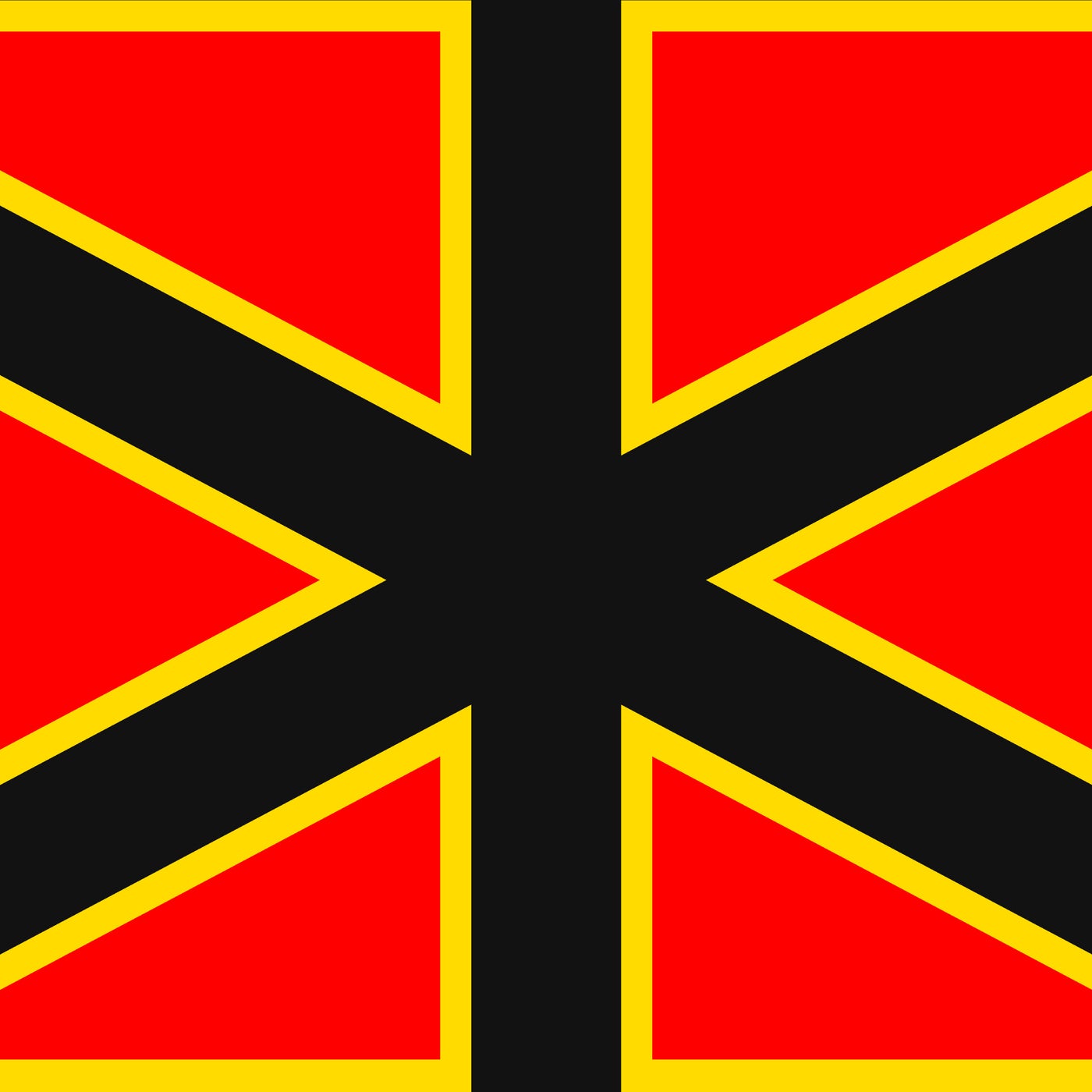




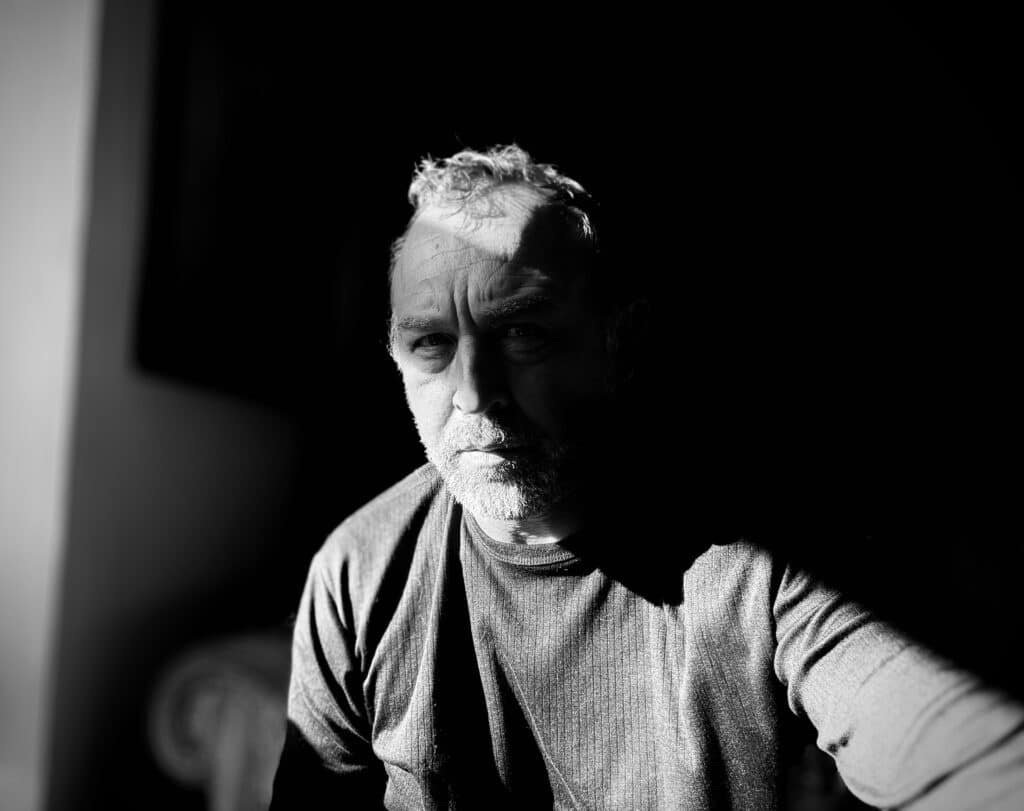




 English (US) ·
English (US) ·